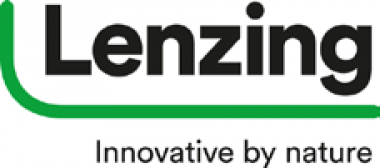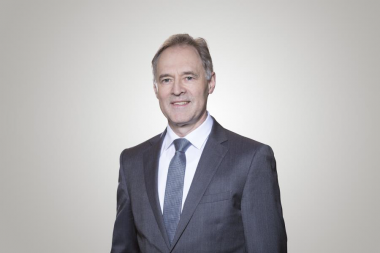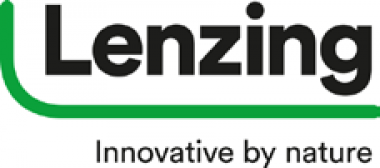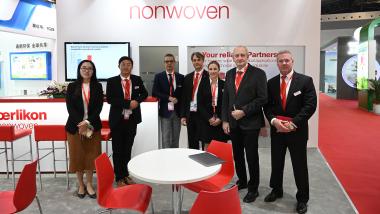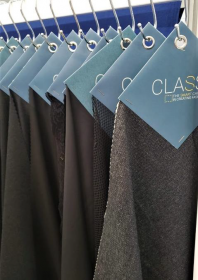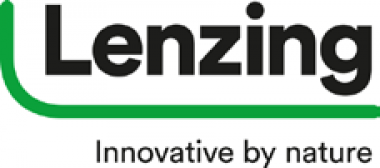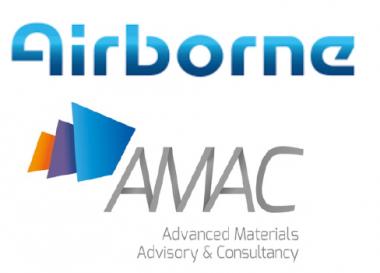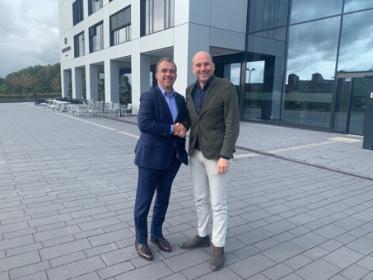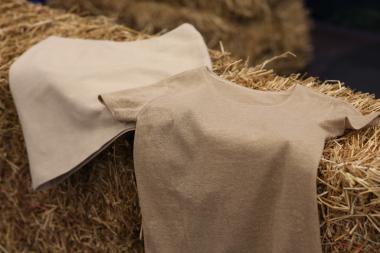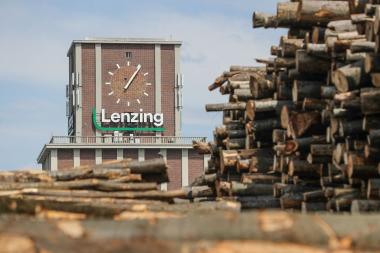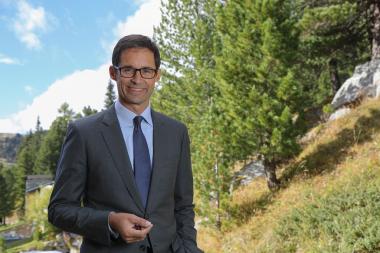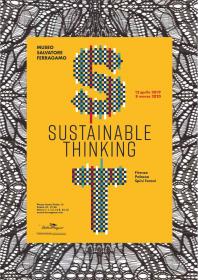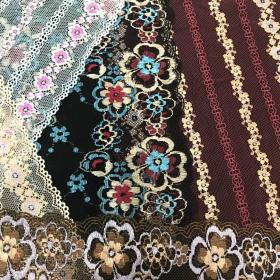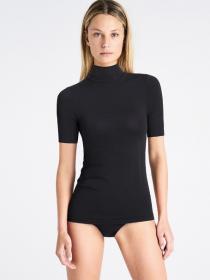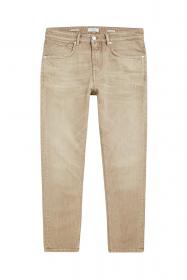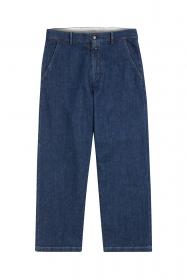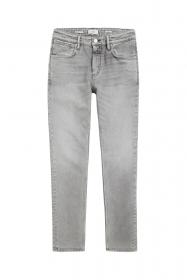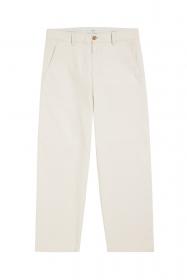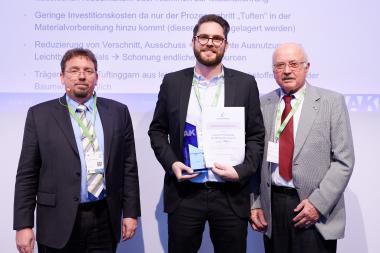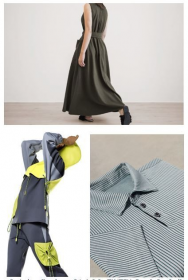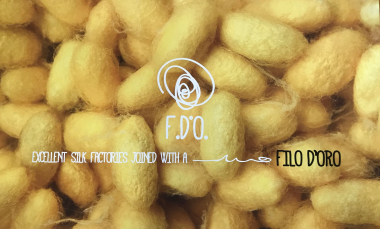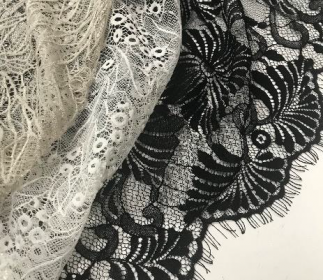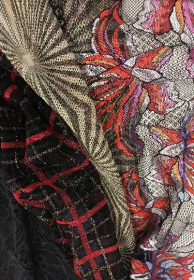Stephan Sielaff and Christian Skilich appointed to the Management Board of the Lenzing Group
Lenzing expands its Management Board, naming a new CTO and an additional Management Board member for “Pulp and Wood Raw Materials”
The Supervisory Board of Lenzing AG, the world’s leading producer of botanic cellulose fibers, has appointed two new members to the company’s Management Board. Stephan Sielaff will serve as the new Chief Technology Officer effective March 1, 2020, succeeding Heiko Arnold, who left the Lenzing Group in November 2019. At the same time, Lenzing’s highest management body led by Chairman Stefan Doboczky will be expanded to include a newly created Management Board position for “Pulp and Wood Raw Materials” and will thus consist of five members instead of four. Christian Skilich will assume the position of Member of the Management Board for Pulp and Wood Raw Materials as at June 1, 2020.
“In the coming years our focus will be on achieving the strategic target of strongly increasing our own supply of pulp in line with our corporate strategy sCore TEN. By creating this new division, the composition of the Management Board now also reflects this focus”, says Peter Edelmann, Chairman of the Supervisory Board of Lenzing AG.
Stephan Sielaff is a chemical engineer who gained experience in the chemical industry in the years 1993 to 2014, holding various management positions for Unilever and Symrise. Since 2014, he has worked for the Swiss specialty chemicals company Archroma, an important supplier of the textile and paper industry, as a Member of the Board of Directors and Chief Operating Officer (COO).He has been responsible for forming the integrated operational structure and the strategic development of the company.
Christian Skilich, who will assume management responsibility for the new Pulp and Wood Raw Materials Division in the Lenzing Group, boasts outstanding expertise in the field of paper and pulp technology. With a Master of Science in Paper Technology and Engineering & Economics, he first held various positions in the paper, packaging and glass industries. Since 2004, he has worked in a broad range of management areas on behalf of the internationally operating Mondi Group. Christian Skilich most recently served as Chief Operating Officer on Mondi’s Board of Directors, overseeing projects in the USA and Europe.
Lenzing AG
Lenzing AG


